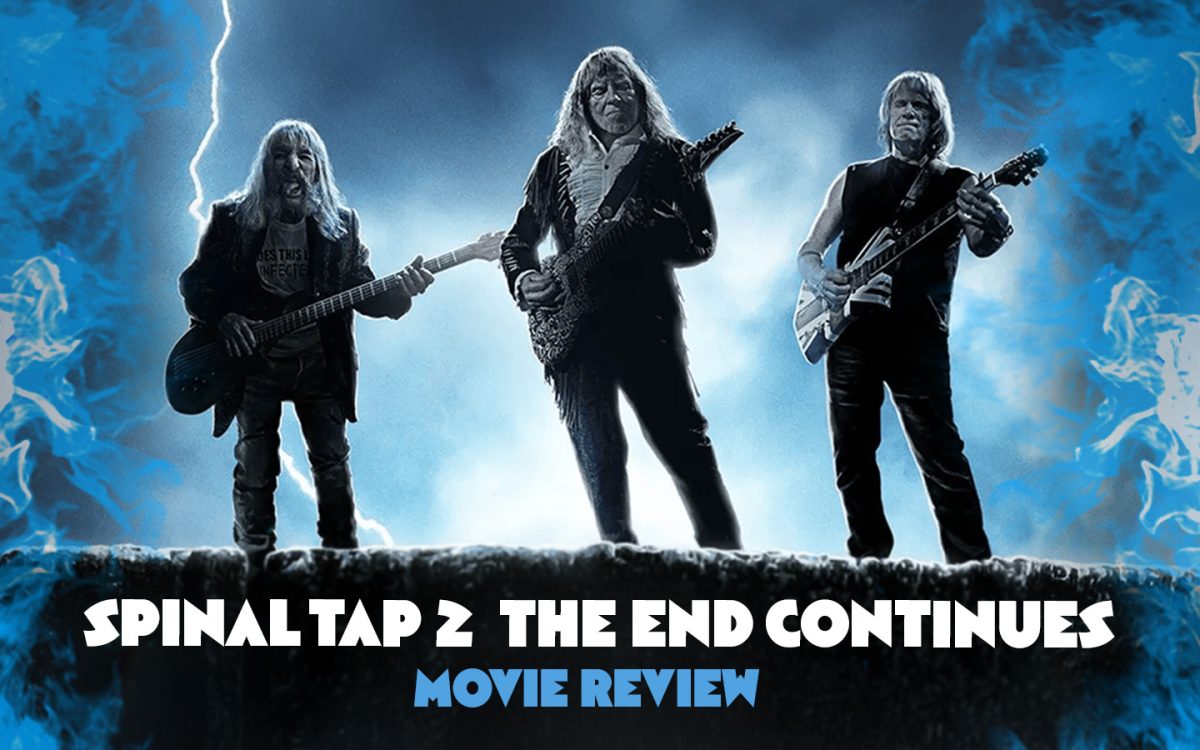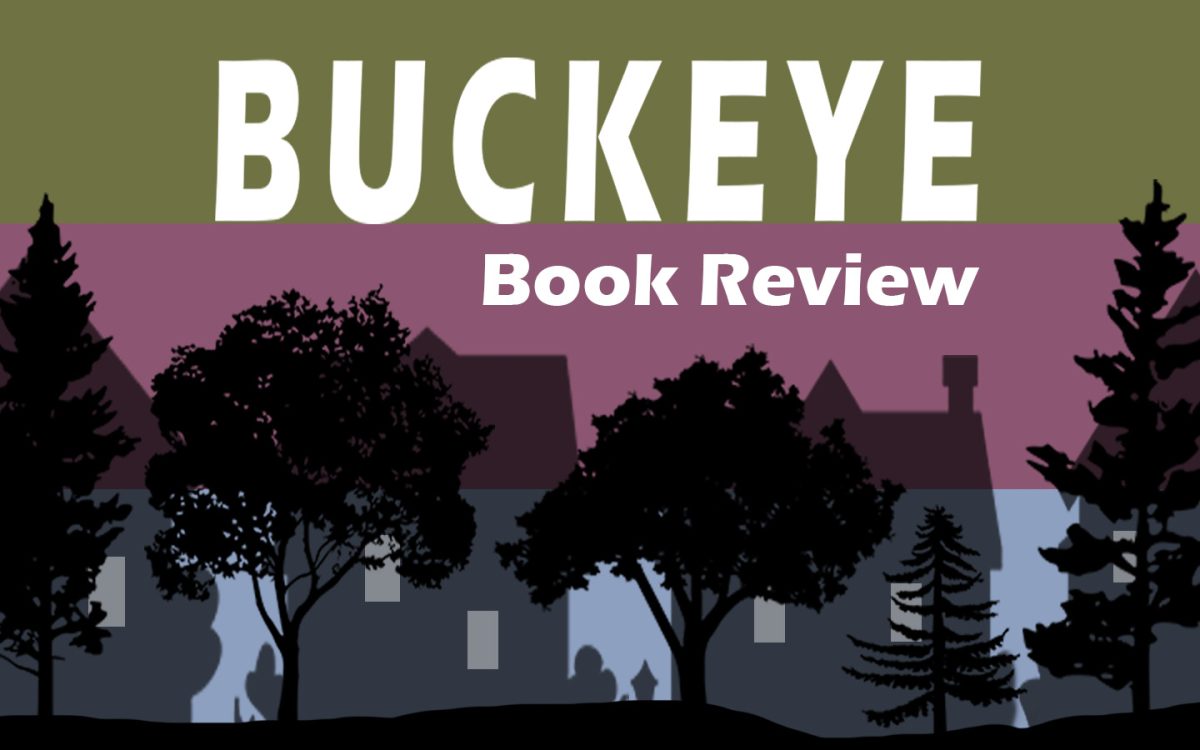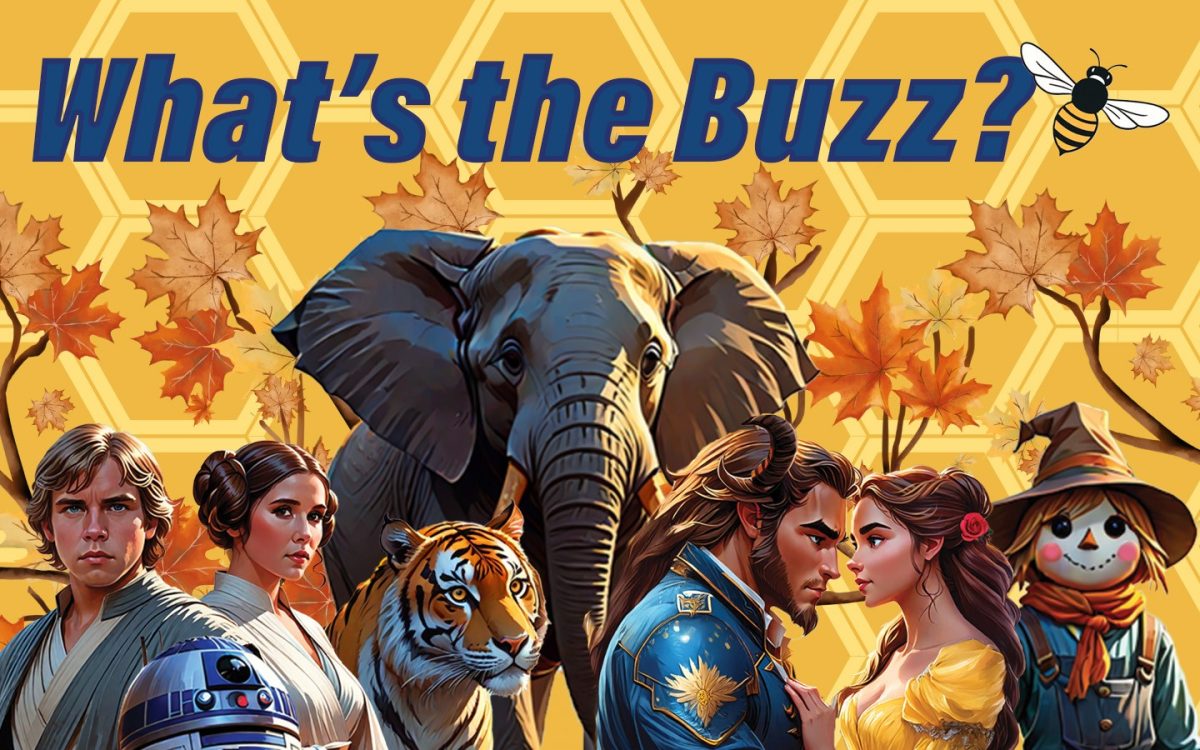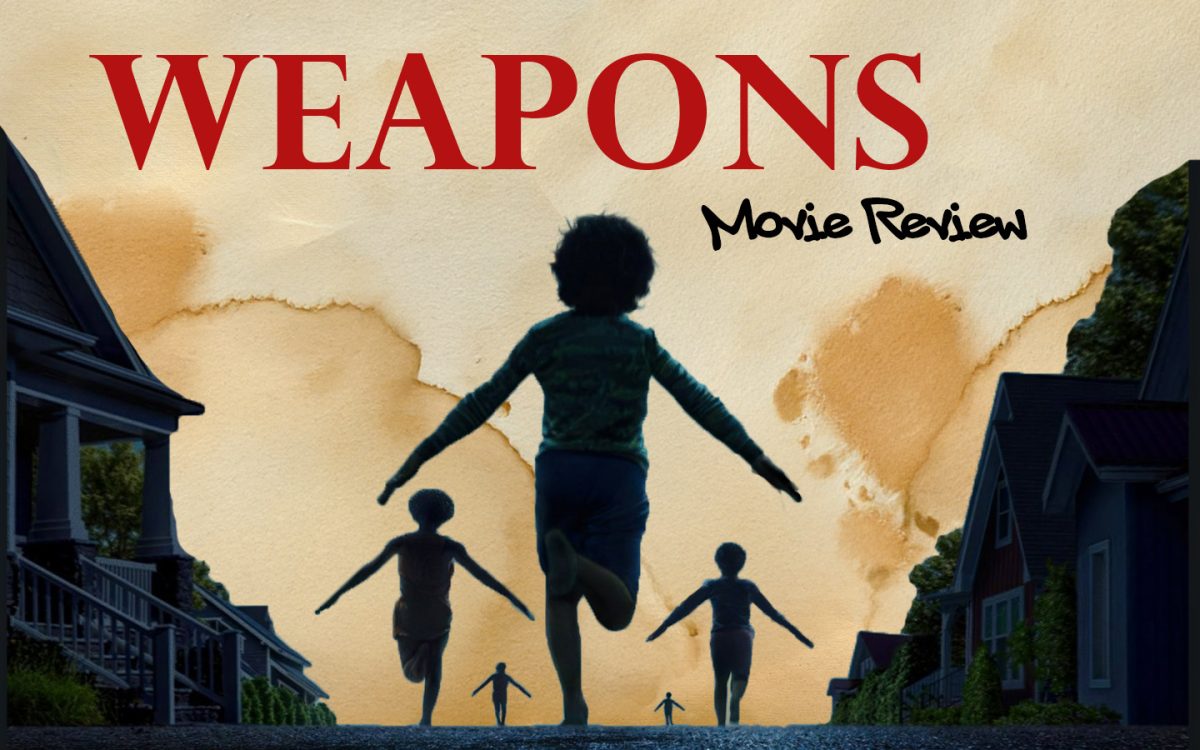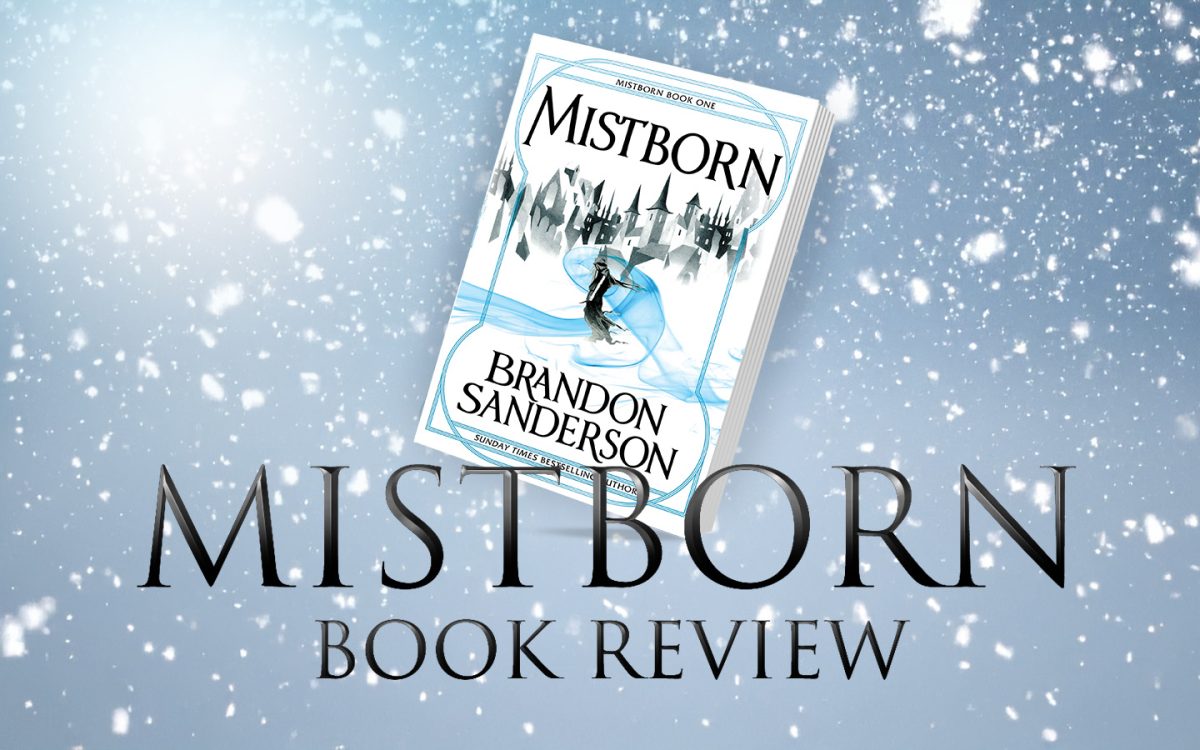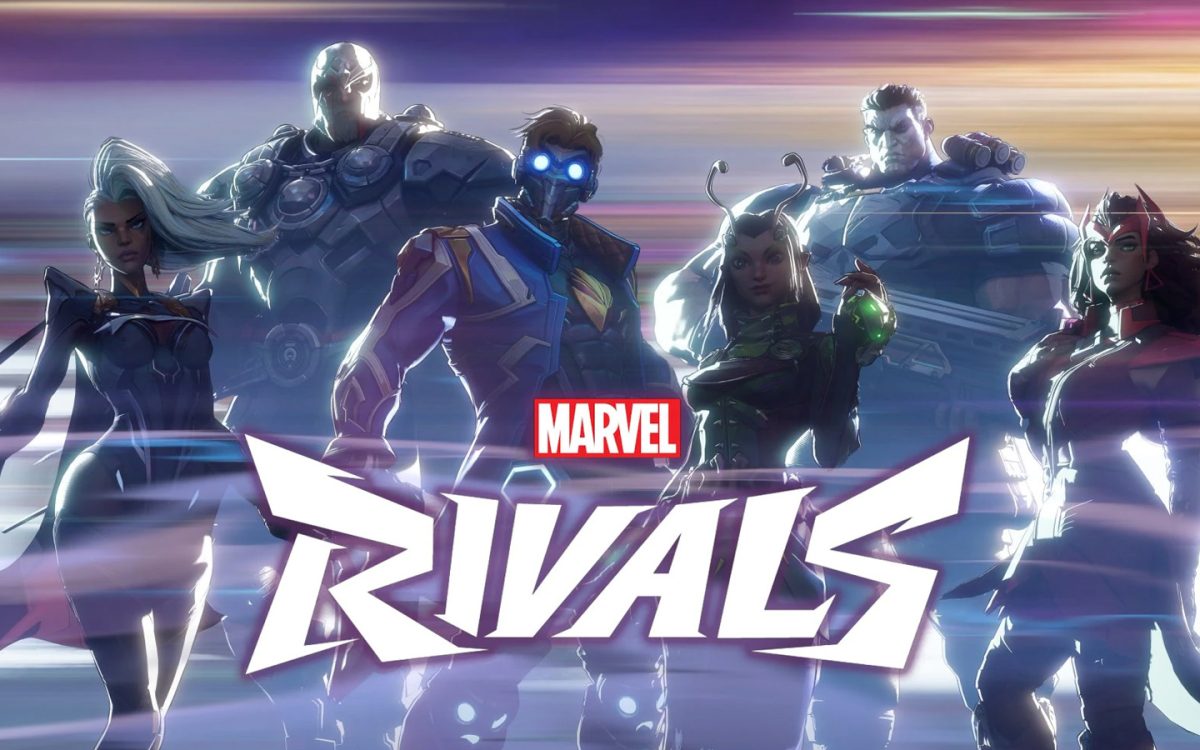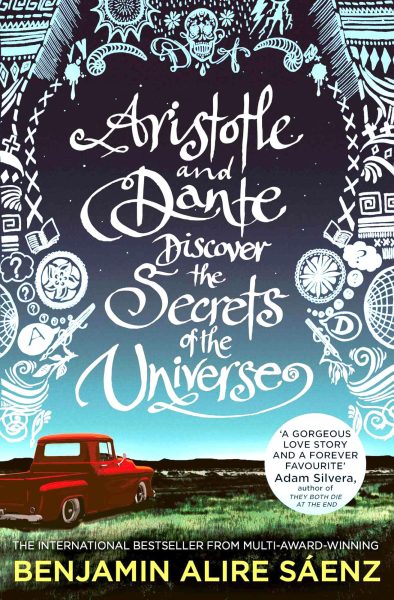 Aristotle and Dante Discover the Secrets of the Universe
Aristotle and Dante Discover the Secrets of the Universe
by Benjamin Alire Sáenz
Genres: Young Adult, 390 pages
Available in Paperback, Hardcover, Kindle
First published: Feb. 21, 2012
Rating: ★★★★ (4/5 )
Just like their namesakes, “Aristotle and Dante Discover the Secrets of the Universe” is an imaginative coming of age novel filled with wonder and philosophy of two Mexican-American teens struggling to answer the question: who am I?
Written by Benjamin Alire Sáenz and released Feb. 21, 2012 the young adult novel falls into the romance genre and tackles issues like racism, transphobia and homophobia while successfully portraying the everyday life of two teenagers struggling to get to tomorrow.
Dante is outgoing, articulate and confident. Aristotle is insecure and closed off from the world. Dante’s life can not seem to be any more perfect, whereas Aristotle, in contrast, struggles in the shadow of his jailed older brother, forever tainted by his presence.
The author, Sáenz, has mastered the ability to command poetic prose which heightens the novel’s capacity to explore the deep relationship between the boys as it naturally progresses over the course of the novel.
Simple yet complicated. Complicated yet simple.
That natural progression is enhanced by the simplicity in the story’s writing. There are few complex sentences and fewer compound ones. Yet the diction in the novel transcends its own limitations as even the simplest of sentences often hold the great emotion:“I hated being volunteered. The problem with my life is it was someone else’s idea,” (Aristotle, Benjamin Alire Sáenz).
That simplicity is found in every description of Dante’s laugh, every time the boys would call each other weird, every moment they spent together: it feels like real interactions of everyday friends. This is so much so, that the reader could physically be there experiencing their friendship and their bond.
There is no issue understanding the novel or character motivations but there is an issue understanding characterization.
Despite the power and strength the author instills in the boy’s story, its greatest limitation is how it handles Dante’s perspective or lack thereof.
“I got to thinking that poems were like people. Some people you get right off the bat. Some people you just didn’t get, and never would get” (Aristotle, Benjamin Alire Sáenz).
The book makes the mistake of assuming the reader can understand Dante without giving him a chance to share his perspective. The entire book is written from Aristotle’s perspective, which is arguably a more interesting and story driven one but fails to deliver on Dantes character by revoking his chance to narrate his emotions and feelings. Because of this, it’s easy to despise his character when the readers are clearly intended to root for him.
The book makes up for this fault in two ways. By making the lack of understanding of Dante’s character intentional and by making him the more expressive character. However, despite this effort it does not make up for a clear flaw in the novel.
Overall, the novel is a solid four out of five stars and has been adapted into a feature film that was released internationally on Sept. 8, 2023.
Even if you are not a fan of reading, there is no reason to not give the adaptation a watch!



